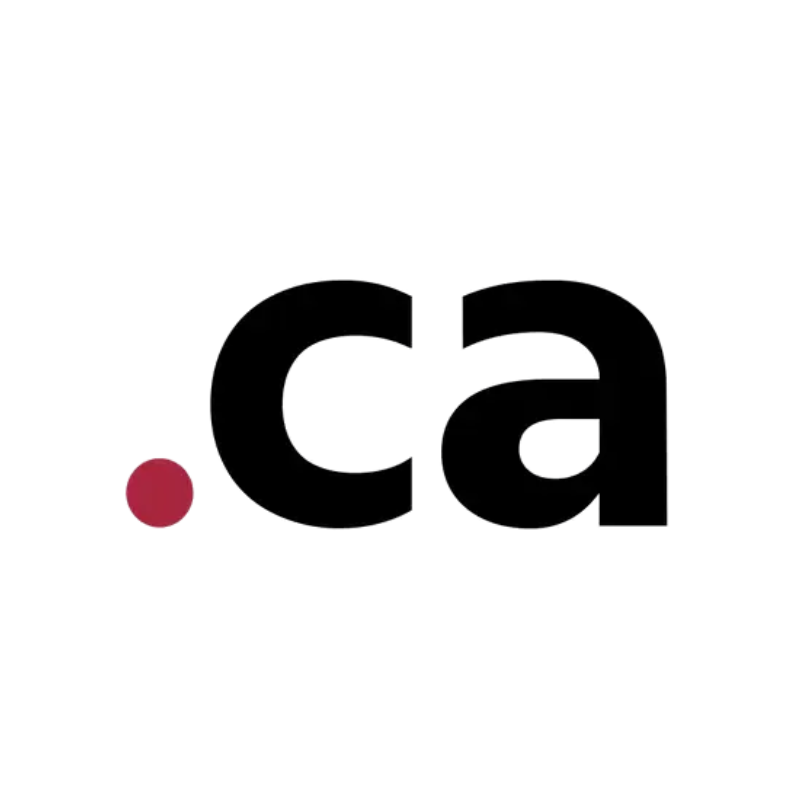Tax season is upon us, and if you are a small business owner in Canada, you need to be aware of the filing process.
In this blog post, we will discuss the process of filing taxes for a small business in Canada, including the forms that need to be completed, the deadlines, and other important considerations.
What taxes do I need to pay if I’m running a small business?
As a business owner, you must pay income tax on the money made from your business.
In Canada, you are obligated to pay taxation both federally and provincially or territorially.
Furthermore, certain businesses may have to collect GST/HST from customers, and remit to the Canada Revenue Agency, along with their income tax.
Although, if your business revenue for four consecutive quarters is less than $30,000 CAD, you don’t need to register for GST/HST.
However, if you are making taxable sales, leases, or other supplies in Canada, you can voluntarily register for GST/HST even if you don’t meet the minimum threshold.
Note that after one year of running your business, you’ll likely need to start paying taxes on a quarterly basis.
Related: 10 Best Business Bank Accounts In Canada
Does my business structure affect my tax returns?
The taxes you owe will vary depending upon your business structure.
Many small businesses in Canada usually begin as sole proprietorships or partnerships which are not included and you need to report your business earnings on the T2125 form in addition to your T1 personal income tax return.
For freelancers or independent contractors, the same personal income tax brackets will be applicable.
For companies that have incorporated, you’ll need to file a Corporation Tax return or T2.
Generally, there are potential tax advantages in incorporating a small business. It is beneficial to learn the advantages and disadvantages of each business structure before making a decision.
The federal tax rate for corporations is 38% of taxable income, or 28% after a federal tax abatement.
However, Canadian-controlled small businesses could be eligible for a Small Business Deduction (SBD) on their Canadian business income, reducing the federal rate to 9%.
Provinces and territories often have a lower and higher income tax rate for corporations, with the lower one applying to income eligible for SBD.
As of January 1, 2021, the lower tax rates range from 0-3%.
Related: 4 Types Of Small Business In Canada: Pros & Cons
What does the self-employed income tax return include?
If your business is unincorporated and you’re filing taxes for your small business as part of your personal income tax, you’ll need to fill the T2125 tax form to report your self-employment and professional income.
This form is divided into sections concerning different aspects of your business.
These sections cover topics such as:
- General business identification: You need to include your name, business name, address, industry code, partnership number (if applicable), share of the partnership and the fiscal period. The fiscal period for sole proprietorships and partnerships typically coincides with the calendar year, however, you have the option to choose a different period..
- Details of other partners: These sections will include details of all your business partners, if applicable, including their partnership percentage and share of profit or loss from the business.
- Business income: Subtract from gross sales, commissions, fees, or other income any GST/HST or provincial sales tax collected, returns, discounts, etc. Additionally, deduct from these totals the cost of goods sold, including opening inventory, purchases made during the year, wages paid, and subcontracting costs, if any. This will give the gross profit or loss of the business..
- Net profit and business expenses: In this section, you’ll deduct your business expenses from the gross profit or loss to calculate net profit (or loss) for taxation purposes.
Do I need to file a tax return if my small business didn’t make a profit?
Regardless of the profitability of your small business, you must still file a tax return in Canada.
As an entrepreneur, it may take a while for your venture to become successful and start bringing in profits.
If you have posted a net loss in a particular fiscal period, you could be able to make use of that loss to reduce your overall tax liability.
Related: How To Incorporate A Business In Canada
Documents Required for Filing
You will need to file two main forms, a T1 (standard tax return) and a T2125 (statement of professional or business activities).
If you have multiple businesses, a separate T2125 must be filed for each.
On the T2125, you must enter all business income as well as any expenses such as business insurance.
For those who work full-time and have a business as a side hustle, the information from the T4 should be entered on the return and a T2125 must be submitted. Incorporated businesses are required to file a T2 (corporation income tax return).
Penalties for a Late Filing
Failing to submit your taxes by the deadline may incur a penalty of 5% of your balance owing, plus an additional 1% each month up to a maximum of 12 months.
To avoid such charges, it is important to file your taxes even if you can’t pay the full amount. Interest however, will continue to be charged on the unpaid balance.
What records do I need?
Record transactions to back up income and expense reports.
Use original documents, like sales invoices, bank deposits, fees statements, contracts, and receipts, to support the income you report.
Retain itemized receipts related to each expense to validate the deductions you claim.
The Canada Revenue Agency won’t accept bank or credit card statements as proof of deductible business expenses.
Ensure you have a receipt that is itemized and matches each transaction.
The receipts must show:
- The date of the purchase
- Name and address of the seller or supplier
- Your name and address
- The full description of the goods or services
- The seller’s business number if they register for GST/HST
If you don’t have receipts, the CRA could disallow your expense claims.
What can I deduct as a small business owner?
As a business owner, you have access to various tax deductions that can help you reduce your tax bill.
Some of the top deductions include:
- Advertising expenses
- Business-use-of-home expenses
- Meals and entertainment
- Office expenses
- Vehicle expenses
Related: What is a Small Business in Canada?
 Web HostingAffordable Canadian web hosting, user-friendly and reliable.
Web HostingAffordable Canadian web hosting, user-friendly and reliable. WordPress HostingFast, reliable WordPress hosting in Canada. Perfect for blogs and businesses.
WordPress HostingFast, reliable WordPress hosting in Canada. Perfect for blogs and businesses. Email HostingCreate branded email accounts with simple, affordable email hosting.
Email HostingCreate branded email accounts with simple, affordable email hosting. Reseller HostingStart your own hosting business with flexible reseller hosting plans.
Reseller HostingStart your own hosting business with flexible reseller hosting plans. Affiliate ProgramJoin our affiliate program and earn commissions by referring customers.
Affiliate ProgramJoin our affiliate program and earn commissions by referring customers. DomainsFind the perfect domain for your business or personal site with ease.
DomainsFind the perfect domain for your business or personal site with ease. Domain TransferTransfer your domain to us and keep your website running without interruption.
Domain TransferTransfer your domain to us and keep your website running without interruption. WHOIS LookupQuickly find who owns a domain with our easy WHOIS search tool.
WHOIS LookupQuickly find who owns a domain with our easy WHOIS search tool. VPS HostingReliable VPS hosting crafted for performance and peace of mind.
VPS HostingReliable VPS hosting crafted for performance and peace of mind. Managed VPSNo technical skills? Let us manage your VPS for you.
Managed VPSNo technical skills? Let us manage your VPS for you.
